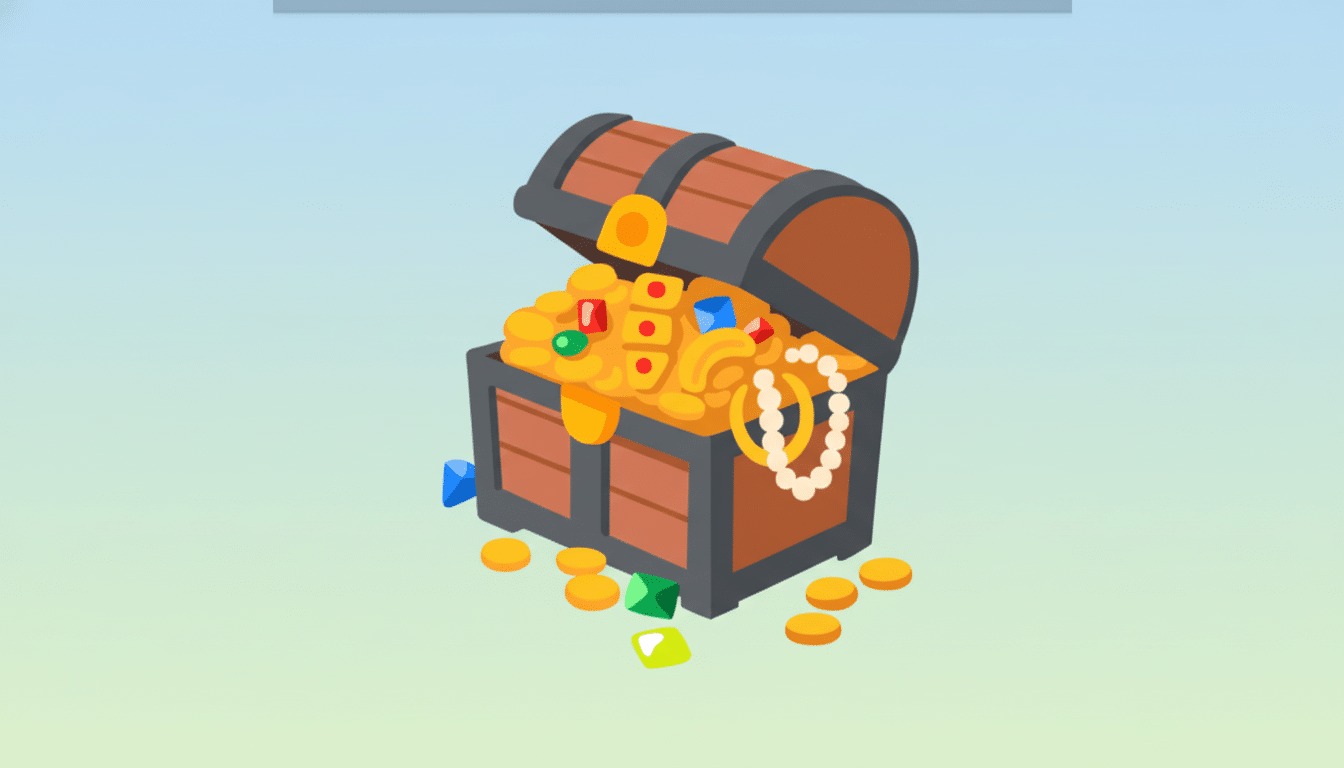Bigfoot, an orca whale and a collection of musical instruments are among the next wave of emojis on the way to a phone near you, as it’s been announced that the Unicode Consortium, which standardizes the colorful symbols across platforms, has approved a slate of new options. The set will begin to appear on phones and for apps over the next year, as vendors ship updates that incorporate befitting icons in their own style.
What’s in the new release
Bookending the release: a trombone, a treasure chest, a bulging-eyes face, a classic cartoon-style fight cloud, an apple core, an orca whale, a gender-neutral ballet dancer, a landslide and the much-ballyhooed Bigfoot. You get a reaction faces block, a nature and science block, an activities block and an objects block — each a relatively arbitrary mix of reaction faces, nature and science, activities and objects, the categories Unicode tries to keep roughly in balance each cycle based on user demand or proposal evidence.

Each addition to this featureset fills a gap users have been asking for for years. Bigfoot draws on cryptid lore and pop culture; orca provides a widely recognized marine mammal absent from emoji keyboards; and the treasure chest, at last, will give gamers, geocachers and marketers a visual for rewards and reveals. At the same time, the trombone gives marching bands and music teachers a real note for the road.
More inclusive multi-person emoji options
Unicode also added skin tone options for several group emojis, including people with bunny ears dancing and people wrestling. This continues the work previously done in this area, where mixed skin tone options for couples and two people holding hands were added and supports the Consortium’s ongoing effort to being more inclusive through adopting CLDR (Common Locale Data Repository) terminology and documenting style.
Why these picks matter
Emojis work when they remove friction from everyday communication. A bulging-eyes face provides a quick alternative to typing an entire paragraph to convey shock or disbelief. Landslide can help support safety changes and climate reporting. An apple core tidily signifies “I’m done,” or waste, or the termination of an activity, while the fight cloud amusingly encapsulates unruly fights or disordered events without assigning blame.
Culturally, Bigfoot is anything but a meme. It’s a regional icon throughout the Pacific Northwest and beyond, meaning brands, sports teams and tourism boards will now have a versatile symbol with instant recognition. The orca addition comes as marine conservation continues to make headlines, providing educators, aquariums and activists a nonpartisan image, consistent with their platform, to convey programming and alerts.

How new emojis are selected
Proposed emojis are under the aegis of the Unicode Emoji Subcommittee and the Unicode Technical Committee.
[The emoji proposal process is guided by the UTS #51.] tradition, in that to advance, an emoji proposal needs to
- be able to demonstrate which the Unicode Consortium has adopted. Submissions need to show expected, sustainable usage (often from search data and corpus analysis), distinctiveness, and multiple platform coverage. Many icons are introduced as sequences or ZWJ combinations; others are new characters for which they get code points. The result is a single standard that Apple, Google, Microsoft, Samsung and others put into practice with their own artwork.
Rollout timing and platform support
Once the set is approved by Unicode, it is implemented by vendors at different rates. Smartphone platforms have historically included new emojis in operating system updates, though messaging apps on occasion have accommodated them earlier. Expect phased availability: one friend might spot an orca while another gets a place holding box until their device gets the update. Emojipedia usually releases sample images and adoption trackers for users and developers to prepare content.
Emoji by the numbers
The laborers now number well over 3,700 in the standardized system maintained by the Unicode Consortium, according to several analyses by Emojipedia and data from Unicode. A small percentage of the proposals survive each year, indicative of a transition from rapid growth to focused, high-impact additions. There is still an effective hit-and-miss: the face with tears of joy and red heart are consistent, cross-platform chart-toppers, but niche icons — musical instruments or wildlife, say — often enjoy long-tail relevance in education, fandoms and local communities.
Inspiration and Use Cases
Marketing teams could put the treasure chest to good use with discount codes or product “unlock” moments. Newsrooms, other public agencies receive landslide for weather, infrastructure updates. And trombone and ballet dancer benefit for event announcements for schools and arts organizations. And yes, Bigfoot is prepped to happen upon some April Fools’ Day clown, outdoor activities post, or to just indicate “unverified but fun.”
What’s next
Look for vendor design previews on major platforms and type foundries as they finalize art and accessibility labels. Content creators should update style guides to use the new short names to maintain screen-reader friendly captions. For the rest of us, make space in the keyboard menu — Bigfoot, orca and company are on their way to making your texts a little more expressive, and a lot more your own thing.

